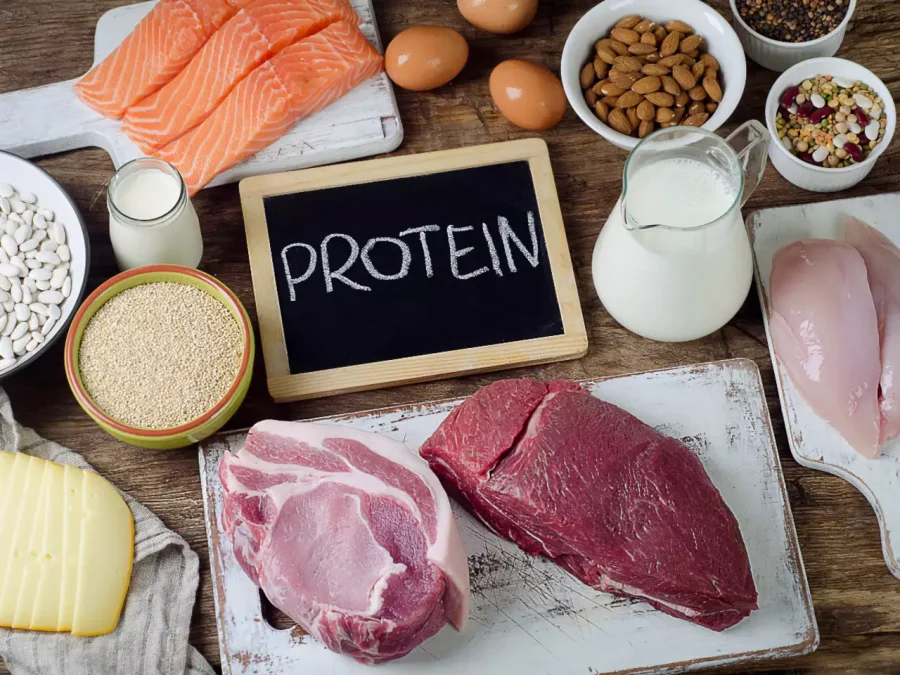While strength training is important for building muscle, so is consuming the right amount of protein. There has been continuous research and controversy about how much protein is needed to optimize muscle growth. In this Honest Nutrition feature, we discuss current research evaluating the role of protein in muscle growth and how much a person should consume each day.By Lindsey DeSoto, RDN, LD on October 11, 2022 — Fact checked by Catherine Carver, MPH This series of Special Features takes an in-depth look at the science behind some of the most debated nutrition-related topics, weighing in on the facts and debunking the myths.
Protein is found in every cell and tissue in the body. While it has many vital roles in the body, protein is crucial for muscle growth because it helps repair and maintain muscle tissue.The current recommended dietary allowanceTrusted Source (RDA) to prevent deficiency in minimally active adults is 0.8 grams (g) of protein per kilogram (kg) of body weight. However, newer research suggests individuals trying to build muscle need more than this. Consuming less protein than the body needs has been linked to decreased muscle mass. In contrast, increased protein intakes above the RDA may help increase strength and lean body mass when paired with resistance exercise.Why is protein important for building muscle? Protein is made up of amino acids that act as building blocks for cells and tissues in the body. There are 20 amino acids that combine to form proteins. While some can be synthesized by the human body, others cannot. The nine amino acids that the body cannot make are called essential amino acids. These must be obtained through diet.When a person eats protein, it is digested and broken down into amino acids, which are involved in many processes in the body, including tissue growth and repair, immune function, and energy production.Like other body tissues, muscle pro teinsTrusted Source are continuously broken down and rebuilt. In order to build muscle, a person must consume more protein than what is broken down. This is often referred to as a net positive nitrogen balance, as protein is high in nitrogen. If a person is not consuming adequate amounts of protein, their body tends to break down muscleTrusted Source to provide the body with the amino acids needed to support body functions and preserve more important tissues.










